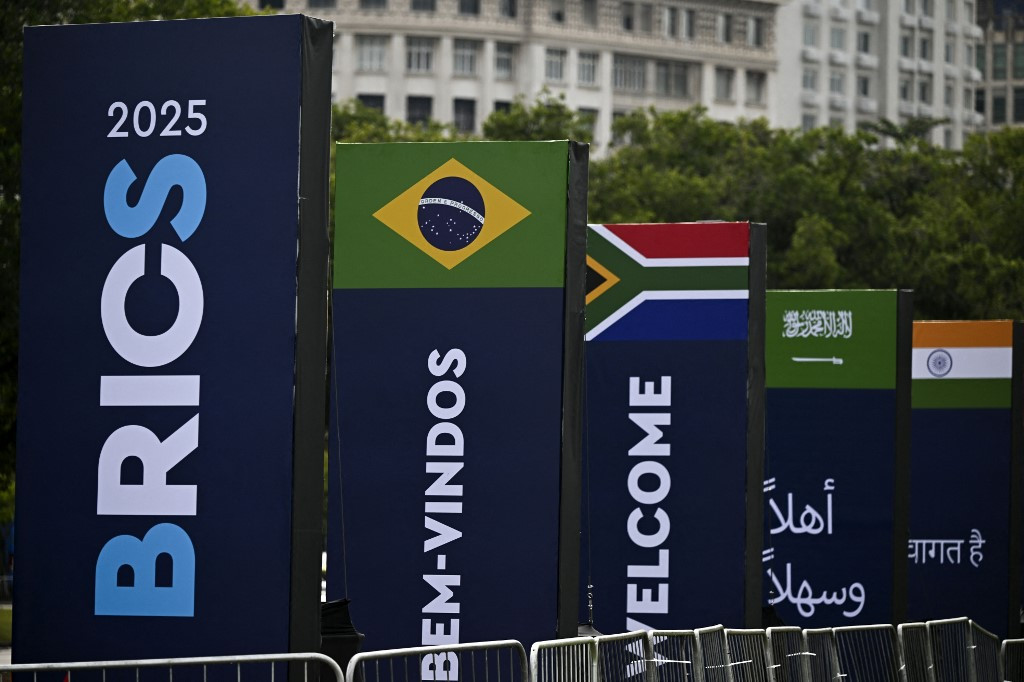Seville Climate Talks Stalled: Wealthy Nations Fail to Deliver Crucial Funds to Developing Countries
Climate Crisis Deepens Inequality as Seville Talks End in Disappointment
The recent climate finance talks in Seville, Spain, concluded without the promised breakthroughs, leaving developing nations facing a deepening crisis. As brutal heatwaves swept across the region, serving as a stark reminder of the accelerating climate change impacts, the failure of wealthier nations to deliver on their financial commitments has sparked outrage and concern.
The backdrop to the talks was undeniably grim. Spain itself experienced record-breaking temperatures, a tangible illustration of the escalating climate emergency. But the real pain is being felt disproportionately by the world's poorest countries – those least responsible for the problem, yet bearing the brunt of its consequences. These nations are grappling with devastating floods, prolonged droughts, and increasingly frequent extreme weather events, all while struggling with mounting debt and fragile economies.
The Broken Promise of Climate Finance
Developed nations pledged over a decade ago to provide $100 billion annually to help developing countries adapt to and mitigate climate change. This commitment, intended to be a cornerstone of global climate cooperation, remains largely unfulfilled. While progress has been made, the shortfall is significant, and the Seville talks exposed a worrying lack of political will to bridge the gap.
The absence of key representatives from several wealthy nations during crucial sessions further undermined the discussions. Sources within the negotiations reported a reluctance to commit to ambitious targets or provide concrete assurances of increased funding. This absence has been widely interpreted as a sign of waning commitment to supporting vulnerable countries.
Why Climate Finance is Critical
Climate finance isn't simply about charity; it's a matter of justice and global stability. Developing countries need resources to:
- Adapt to Climate Impacts: Build resilient infrastructure, develop drought-resistant crops, and implement early warning systems.
- Mitigate Emissions: Transition to cleaner energy sources, invest in sustainable transportation, and protect vital forests.
- Recover from Disasters: Rebuild communities and economies after extreme weather events.
Without adequate financial support, these nations will struggle to achieve their climate goals, hindering the global effort to limit warming to 1.5 degrees Celsius.
The Road Ahead
The failure in Seville highlights the urgent need for a fundamental shift in approach. Wealthy nations must honour their existing commitments and significantly increase their financial contributions. Furthermore, innovative financing mechanisms and a greater focus on private sector investment are crucial to unlock the trillions of dollars needed to address the climate crisis effectively.
The international community faces a critical juncture. Failure to deliver on climate finance will not only exacerbate inequality but also undermine the credibility of global climate action. The world is watching, and the consequences of inaction are becoming increasingly clear with each passing heatwave and devastating climate event.






